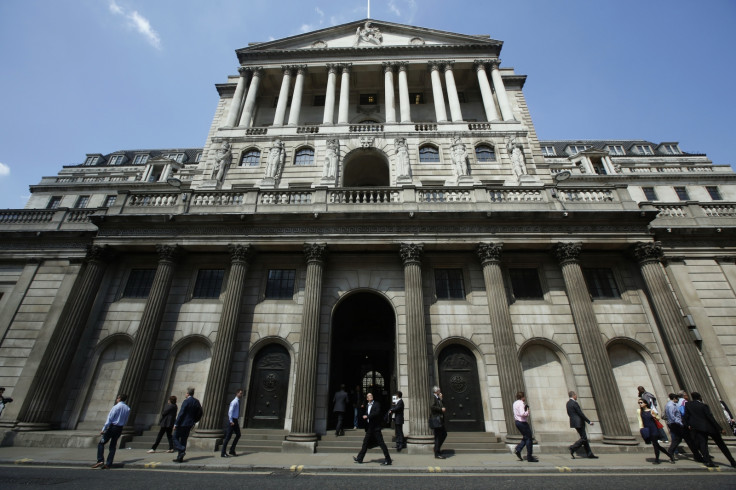Bank of England holds interest rates at 0.5% against Brexit-led market expectations
UK central bank policymakers vote 8-1 to maintain the headline interest rate at current levels.
The Bank of England has decided to hold UK interest rates at 0.5%, going against market expectations, with many analysts expecting a 25 basis points cut to 0.25% in the wake of market turmoil caused by the UK's decision to leave the European Union.
At the conclusion of its latest Monetary Policy Committee (MPC) meeting on Thursday (14 July), the bank decided to extend its holding pattern by yet another month, with the benchmark rate stable at 0.5% since March 2009 when the global financial crisis was battering the UK.
The MPC also voted unanimously to maintain the central bank's asset purchase programme at its previous level of £375bn.
"In the absence of a further worsening in the trade-off between supporting growth and returning inflation to target on a sustainable basis, most members of the Committee expect monetary policy to be loosened in August," the MPC statement read.
It added that the "precise size and nature of any stimulatory measures" will be determined during the August forecast and quarterly Inflation Report round.
However, the MPC noted that: "Official data on economic activity covering the period since the referendum are not yet available."
"Markets have functioned well, and the improved resilience of the core of the UK financial system and the flexibility of the regulatory framework have allowed the impact of the referendum result to be dampened rather than amplified."
Since the Bank of England's previous meeting, prior to the 23 June referendum resulting in a Brexit, the pound sterling's effective exchange rate has fallen by 6%, and short-term and longer-term interest rates have declined.

The decision came as a surprise to the market, with Governor of the Bank of England Mark Carney strongly hinting in his post-Brexit statements that a rate cut was highly likely over the summer.
With market having priced in a rate cut, the pound rallied moments after the surprise MPC decision became clear, rising 1.73% versus the dollar to $1.3380 by 12:52pm BST. However, the FTSE 100 moderated earlier gains, still up a mere 0.05% or 3.64 points at 6,674.
Ben Brettell, senior economist at Hargreaves Lansdown said Carney had seemingly backed himself into a corner with his comments in the immediate aftermath of the referendum.
"So strong were his hints that looser monetary policy was on the way, that the market had come to fully expect a 25 basis point cut today. As such financial markets have reacted with surprise. To an extent the Bank is guessing here, as there has been no hard economic data since the Brexit vote to indicate how bad any slowdown might be."
Survey data shows business and consumer confidence have taken a severe knock in July, with GfK's consumer sentiment index suffering its biggest monthly decline since 1994.
"However, the preliminary estimate of third quarter GDP is not due until 27 October, so it is easy to see why the MPC might want to wait until a clearer picture emerges before taking any action. Nevertheless it looks almost certain that looser policy will be necessary at some stage to counteract the economic uncertainty posed by the Brexit vote," Brettell added.
Samuel Tombs, economist at Pantheon Macroeconomics, said latest evidence points to the MPC wanting a cautious, evidence-based approach to assessing how much extra stimulus is warranted
"It suggests that a Bank Rate cut might be supplemented by more quantitative easing. While we continue to expect interest rates to be cut to 0.25% next month, we doubt that the MPC will go any further."
Updated with prices, quotes at 12:55pm BST on 14 July, 2016
© Copyright IBTimes 2025. All rights reserved.






















